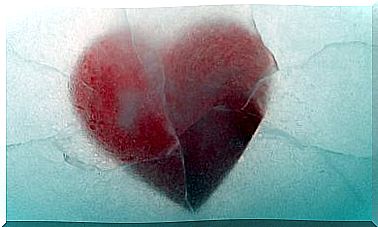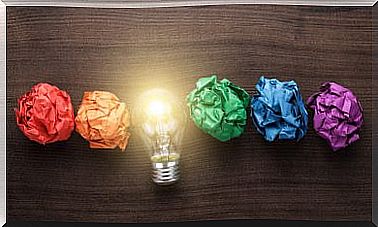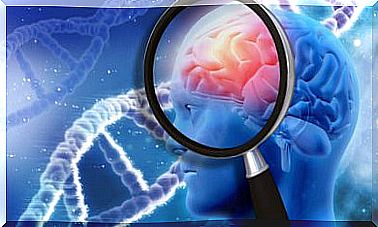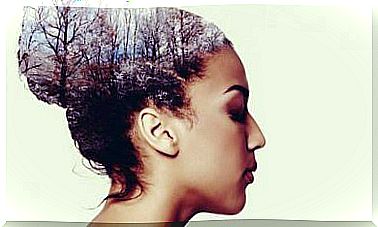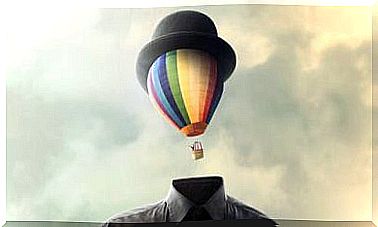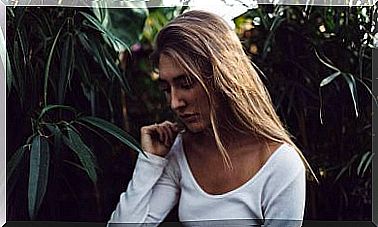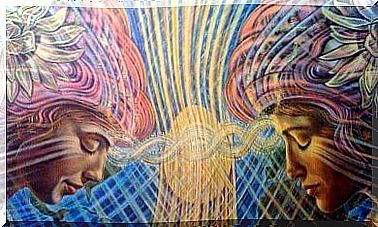Love-hate Relationships: I Love You, But I Can’t Stand You
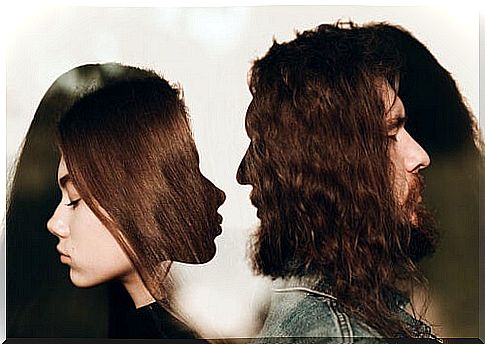
Love-hate relationships are no exception. Perhaps in the face of public opinion, no one admits that their relationship is based on a certain amount of love and another percentage of hate. For this reason, and above all, thanks to the emergence of social networks, the vast majority of relationships seem idyllic. However, under the mask of happiness, on many occasions a conflicting feeling of love-hate hides.
But what is behind these types of love-hate relationships? Why can we get to experience these very conflicting feelings? Perhaps one of the components of the equation is not really love, perhaps it is another sensation, another emotion, another feeling. Let us begin!
Slowly
At the beginning of the relationship idyllic moments are usually lived. However, with the passage of time, one of the two members begins, for example, to make use of ironies, sarcasm, hints, etc. In this way, little by little, in the couple that receives this type of treatment, a feeling of contradiction arises. On the one hand, there is a feeling of love, but on the other, another feeling of aversion, anger, and even hatred emerges. On many occasions, the couple is not aware of the reason for the emergence of this love-hate.
Love-hate relationships begin gradually. The worst-treated member may also begin to adapt his response style to that of his partner. That is, not only does one of them disrespect, but both end up treating each other in bad ways. The relationship has become a dysfunctional relationship. It is time to analyze what is happening. The question is, where does love come from if there is also hate?

Love and hate in the same space
In answer to the previous question, love can arise from the memory of the first ideal moments of the couple. “Before it was all very nice, I’m sure it will be the same again,” many people think. On the other hand, what maintains many love-hate relationships is not love, but dependence. The initial love has given way to emotional dependence, to attachment to the other.
This dependence is the reason that makes it very difficult to end love-hate relationships. It would be more correct to call them dependency-hate relationships. In addition to this, the cause of unhappiness is usually attributed to the other: “you are not who you were, you no longer make me happy . ” In this way, the feeling of hatred increases, since we consider that our partner is the cause of our low happiness.
It’s not always so obvious
On the other hand, we can also find couples who do not disrespect each other; however, there is a latent aversion between the two. What at first was ideal and helped us grow, over time has become a kind of aversion without really knowing why.
When we start a relationship, we tend to idealize the other member. With the passage of time, we begin to see and take into consideration its “defects”, those aspects that lessen us. Little by little, part of their behavior begins to bother us, even if it is not harmful to us.
Many people ask themselves: “If my partner hasn’t done anything to me, why can’t I put up with it? Why does everything about him or her bother me? I do not understand…”. These types of situations are a bit more complex to analyze. On the one hand, we cling to an ideal initial memory of our partner. A memory that we believe will return one day. We ignore the factor of change, that is, we all change over time. On the other hand, we end up realizing that we are with someone with whom we do not feel connected.
The relationship begins fleetingly and everything is overlooked. Falling in love gives way to love, both people begin to know each other, reaching the moment when they realize that they are not compatible. However, where in principle there was love, again we find dependence. And this dependency is what makes it difficult to end a relationship: “not with you, not without you . ” Neither is satisfied with the relationship, but they are unable to put an end to it.
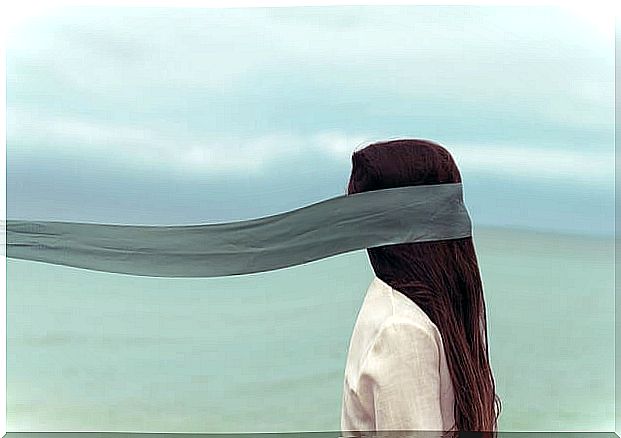
Love-hate relationships, easier than it sounds
Ending a love-hate relationship is easier than it sounds. We are taught that from love to hate there is a step. However, we have the ability to decide not to hate. In the first case, when both members of the couple begin to disrespect each other, the most sincere thing is to go to a professional or end the relationship; love has been relegated to the background and only bad manners and dependence remain.
In the second case, instead of hating our partner because he does not make us happy, the healthiest thing is to recognize that he does not have the obligation to fulfill our expectations. In this way, we can try to accept our partner as he is or make a decision about the future of the partner.
Before starting a relationship, the ideal would be to maintain a point of caution when generating expectations; in this way, it would be more difficult to feel cheated when not complying with them. On the other hand, if we maintain the ability to enjoy solitude, we will be more resistant when it comes to generating dependency.
Thus, if we know how to be alone with ourselves, as the relationship progresses, it will be easier to accept the other as they are, with their strengths and weaknesses, and it will be more difficult to fall into love-hate relationships. By knowing how to be with ourselves and not creating strict expectations of the other person, we will be freer to appreciate and accept them.

